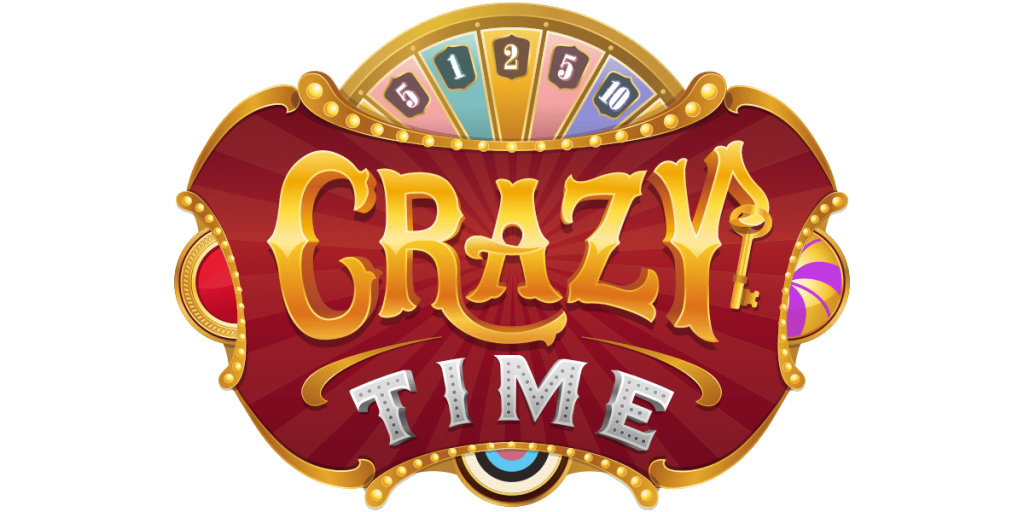Casino Rama: Casino Rama Resort is one of Ontario’s largest and most well-known casino resorts, located on the lands of the Chippewas of Rama First Nation, near Orillia, Ontario. Opened in 1996, the resort has become a major entertainment and tourism destination in Canada, featuring a full-scale casino, hotel, spa, concert venue, and multiple restaurants.
Understanding who owns and operates Casino Rama involves exploring a complex partnership between First Nations communities, private sector operators, and government agencies.
Ownership Structure
1. Land Ownership: Chippewas of Rama First Nation
The land on which Casino Rama sits is owned by the Chippewas of Rama First Nation, an Ojibwe band. This First Nation has been involved in both the conceptualization and governance of the casino since its inception.
| Entity | Role |
|---|---|
| Chippewas of Rama First Nation | Landowner; Co-governance |
2. Casino Ownership: Ontario Lottery and Gaming Corporation (OLG)
While the land is owned by the Rama First Nation, the casino itself is owned by the Ontario Lottery and Gaming Corporation (OLG). OLG is a Crown agency of the Ontario government responsible for lotteries, casinos, and other forms of gambling in the province.
| Entity | Ownership Type | Details |
|---|---|---|
| OLG | Public (Crown Corp) | Owns gaming assets and licenses operations |
3. Operations: Gateway Casinos & Entertainment Limited
Since 2018, the day-to-day operations of Casino Rama have been managed by Gateway Casinos & Entertainment Limited, a private gaming company based in British Columbia. This company operates multiple casino properties across Canada under agreement with OLG.
| Entity | Role | Details |
|---|---|---|
| Gateway Casinos | Operator | Manages gaming, hospitality, and staff |
| OLG | Owner & Regulator | Sets rules, monitors compliance |
| Rama First Nation | Landowner & Revenue Share | Receives share of revenue; cultural oversight |
Historical Context
Casino Rama opened in July 1996 after several years of negotiations between the Rama First Nation, the provincial government, and private partners. It was the first and only First Nation commercial casino in Ontario for many years.
The original operator was a U.S.-based company, Penn National Gaming, but over time, the operation model shifted to align more closely with provincial oversight through OLG.
Revenue and Economic Impact
Casino Rama plays a significant role in the regional economy, contributing to job creation, tourism, and indigenous economic development.
Economic Contributions (Estimated)
| Category | Estimated Annual Impact |
|---|---|
| Employment (Direct) | 2,000+ jobs |
| Revenue to OLG | $200–$300 million |
| Revenue to Rama First Nation | ~$60–$80 million |
| Local Business Stimulus | $100+ million |
Revenue from Casino Rama helps fund healthcare, education, infrastructure, and community programs in Rama and surrounding areas.
Governance and Oversight
The partnership is overseen by a tripartite governance model, ensuring transparency, regulation, and community involvement.
| Oversight Body | Responsibility |
|---|---|
| OLG | Regulatory oversight, gaming compliance |
| AGCO (Alcohol & Gaming Commission of Ontario) | Licensing, auditing, security |
| Rama First Nation Council | Cultural stewardship, community investment |
Strategic Significance
Casino Rama is more than a casino—it’s a symbol of First Nations economic self-determination and a key model for public-private-Indigenous partnerships in Canada.
Key strategic goals include:
- Supporting Indigenous entrepreneurship
- Creating long-term employment opportunities
- Enhancing tourism in Northern Ontario
- Maintaining responsible gaming practices
Challenges and Future Outlook
Challenges
- Increased competition from new casinos in Ontario
- Changing consumer preferences (online gaming, digital platforms)
- Regulatory changes and labor issues
- Recovery from COVID-19 impacts on tourism
Opportunities
- Expansion into online gambling
- Hosting large-scale entertainment events
- Developing eco-tourism and cultural experiences
- Joint ventures with other First Nations communities
Conclusion
Casino Rama is a unique and complex enterprise that illustrates the intersection of Indigenous rights, government regulation, and private business in Canada’s gaming sector. It represents a sustainable model for community-owned economic development while offering world-class entertainment and hospitality.

